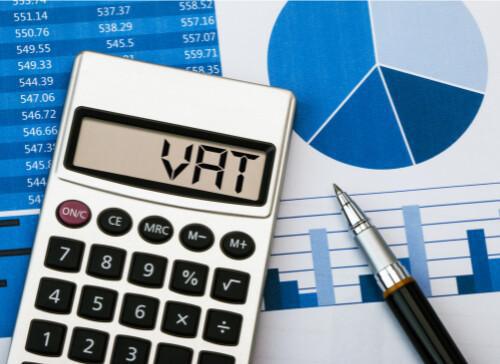In a significant move to boost revenue, the South African government has announced a two-phase increase in the Value Added Tax (VAT) rate. The first increase of 0.5 percentage points will take effect on 1 May 2025, followed by another 0.5 percentage point increase on 1 April 2026. This decision comes after careful consideration of the potential contributions of various tax instruments, with VAT being identified as an efficient and broad-based source of revenue.
Currently, South Africa's VAT rate is relatively low compared to peer countries. VAT, being a tax on consumption, will affect all households through price increases. However, higher-income households, which consume more, will bear the brunt of the increase. Over 75% of VAT revenue is derived from households in the top four expenditure deciles, which corresponds to those spending R118,000 or more per year.
The government believes that increasing taxes on consumption through a higher VAT rate will have the least detrimental effect on economic growth and employment over the medium term, compared to increases in personal or corporate income tax rates. Raising personal income tax rates has proven inefficient, as taxpayers adjust to reduce their liabilities, and higher rates could reduce the incentive to work and save. Similarly, increasing corporate tax rates could impede competitiveness and generate less revenue than VAT.
To mitigate the impact of the VAT rate increase on lower-income households, the government proposes to extend the list of zero-rated basic foods. From 1 May 2025, zero rating will include edible offal of sheep, poultry, goats, swine, and bovine animals, specific cuts such as heads, feet, bones, and tongues, dairy liquid blend, and tinned or canned vegetables. While zero rating is a blunt tool, the 2022/23 Income and Expenditure Survey shows high consumption of these items in the lowest four expenditure deciles. These measures are estimated to cost the government about R2 billion in forgone revenue.
DISCLAIMER: The material and information contained in this article is for general information purposes only. You should not rely upon the material or information in this article as the basis for making any business, legal or other decisions.


